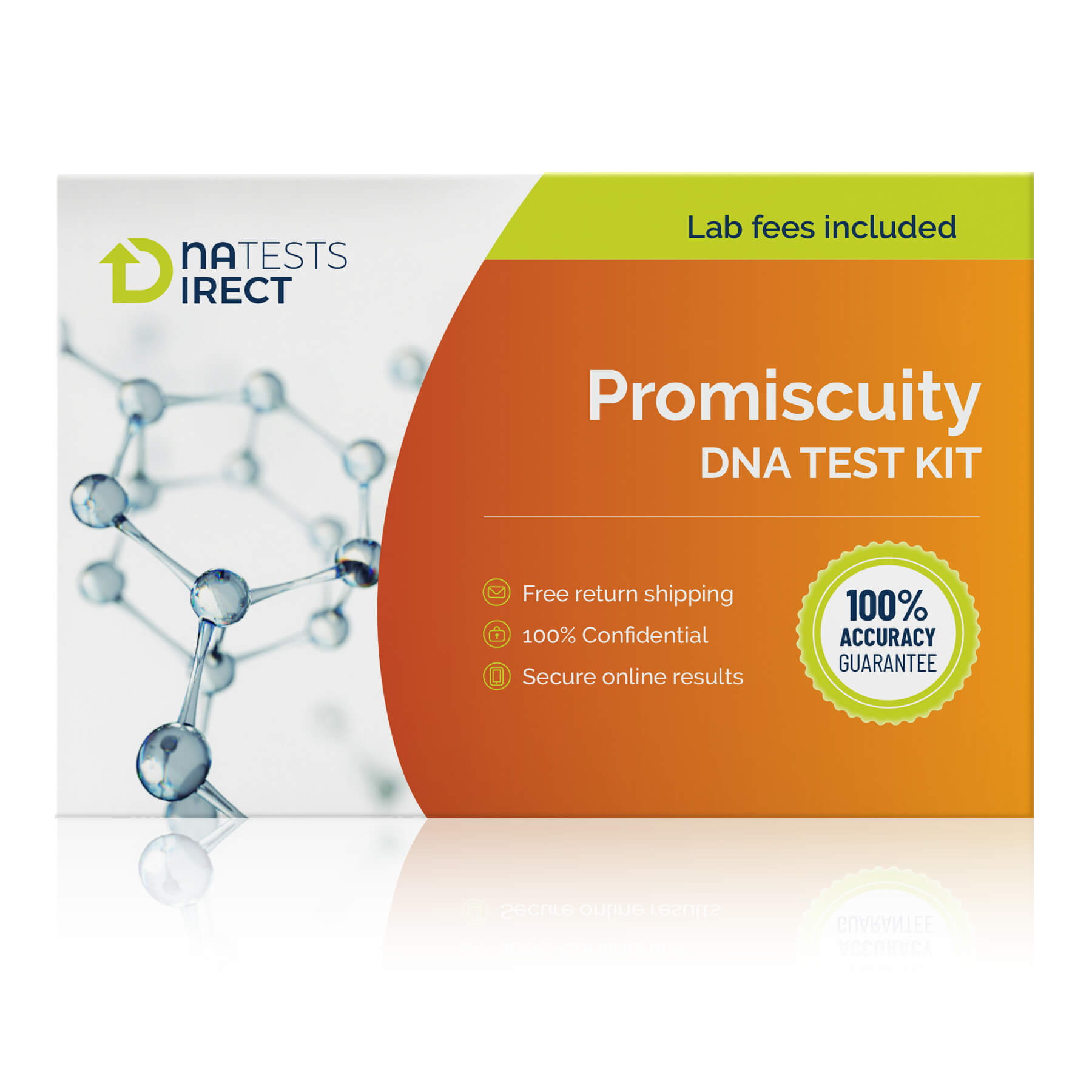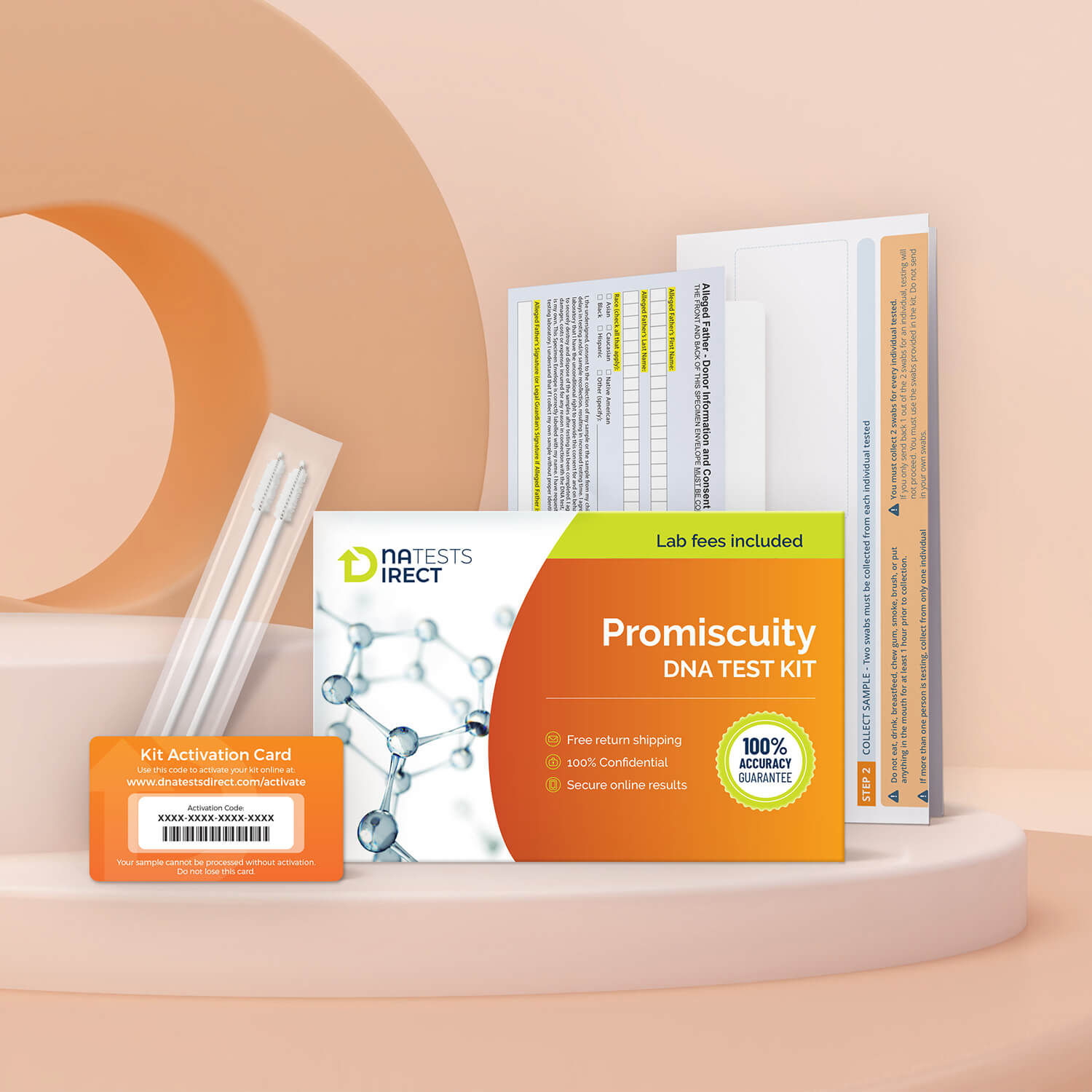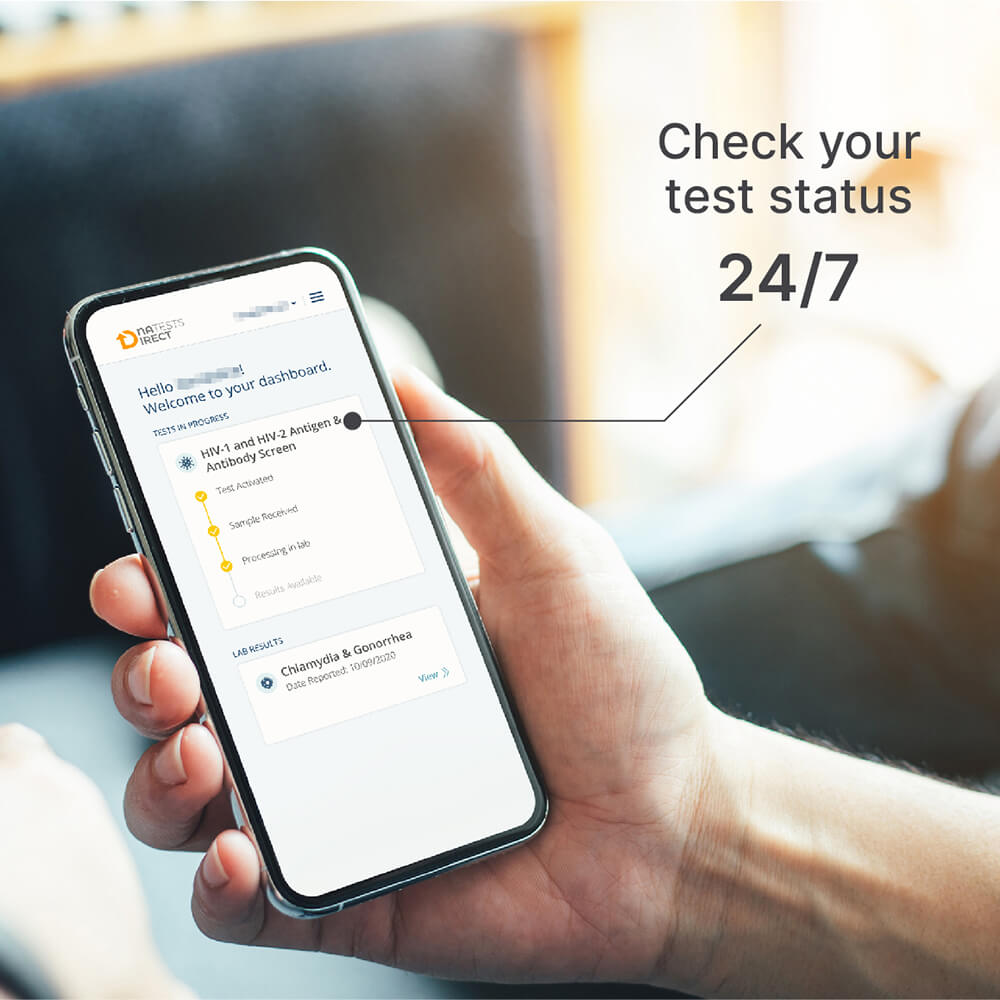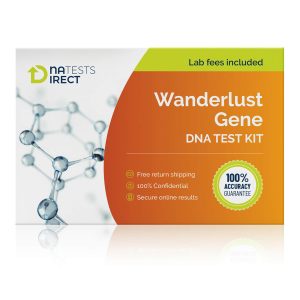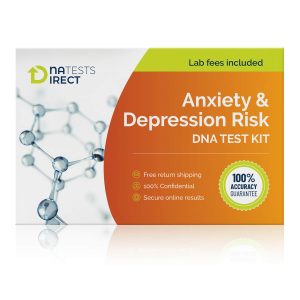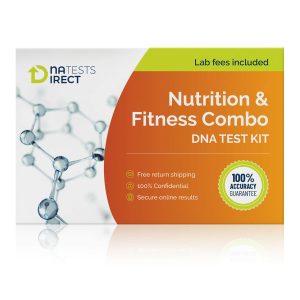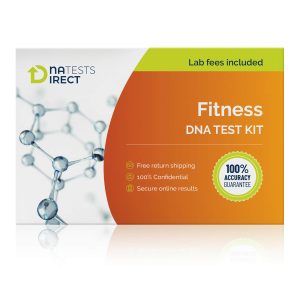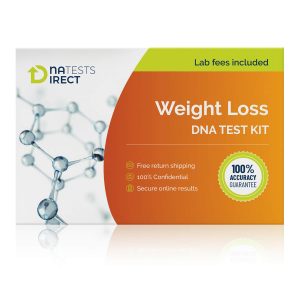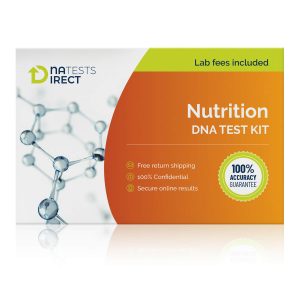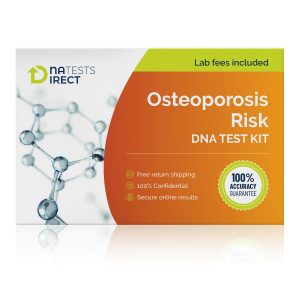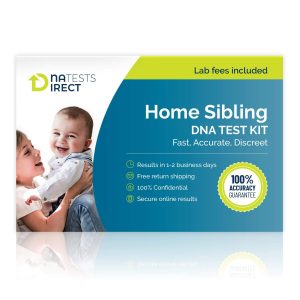Promiscuity Gene Test
CA$149
Discover Your Genetic Blueprint for Relationship Behaviour
The “promiscuity” gene is a genetic variant of the DRD4 gene that is associated with an increased likelihood of sexual promiscuity. This variant is also known as the 7R+ version of the dopamine receptor and binds dopamine less efficiently compared to the common 4R version. As a result, reduced levels of the dopamine “feel good” signal is transmitted in the brain. Individuals with the 7R+ variant require higher levels of dopamine to achieve the same “good feeling” affects, and intriguingly sexual activity is a proven way to increase dopamine levels.
How It Works

Order your DNA Kit
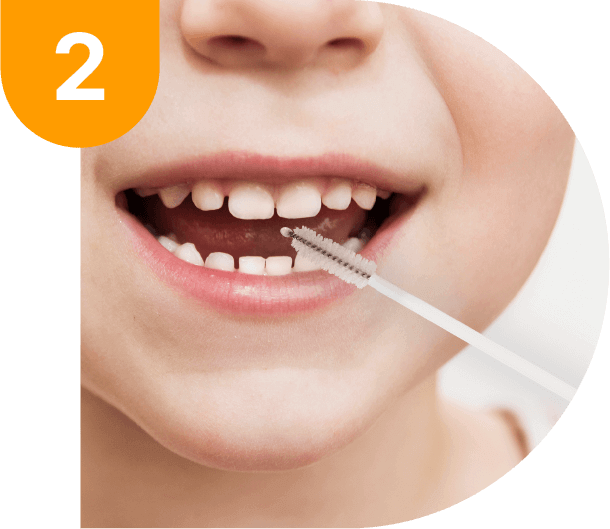
Collect DNA Samples
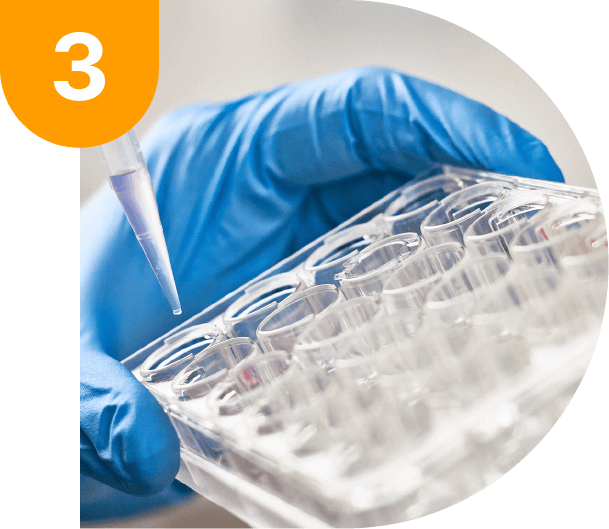
Lab Analysis

Receive your results
What is the "Promiscuity Gene"?
The promiscuity gene refers to specific genetic variants of the DRD4 gene, which provides instructions for creating the dopamine receptor D4 in your brain. This gene contains a variable number of repeats that directly influence how your dopamine receptors function, ranging from 2 to 11 repeats in different individuals.
The most significant variant is the seven-repeat version (7R), which has reduced binding efficiency for dopamine compared to shorter versions. Research shows that individuals carrying variants with 7 or more repeats (+7R) demonstrate measurably different behavioural patterns, including reporting more than 50% more extra-pair partners compared to those with shorter repeat sequences.
Understanding your DRD4 gene variant provides valuable insights into your neurochemical makeup and can help explain individual differences in relationship behaviours and reward-seeking tendencies.
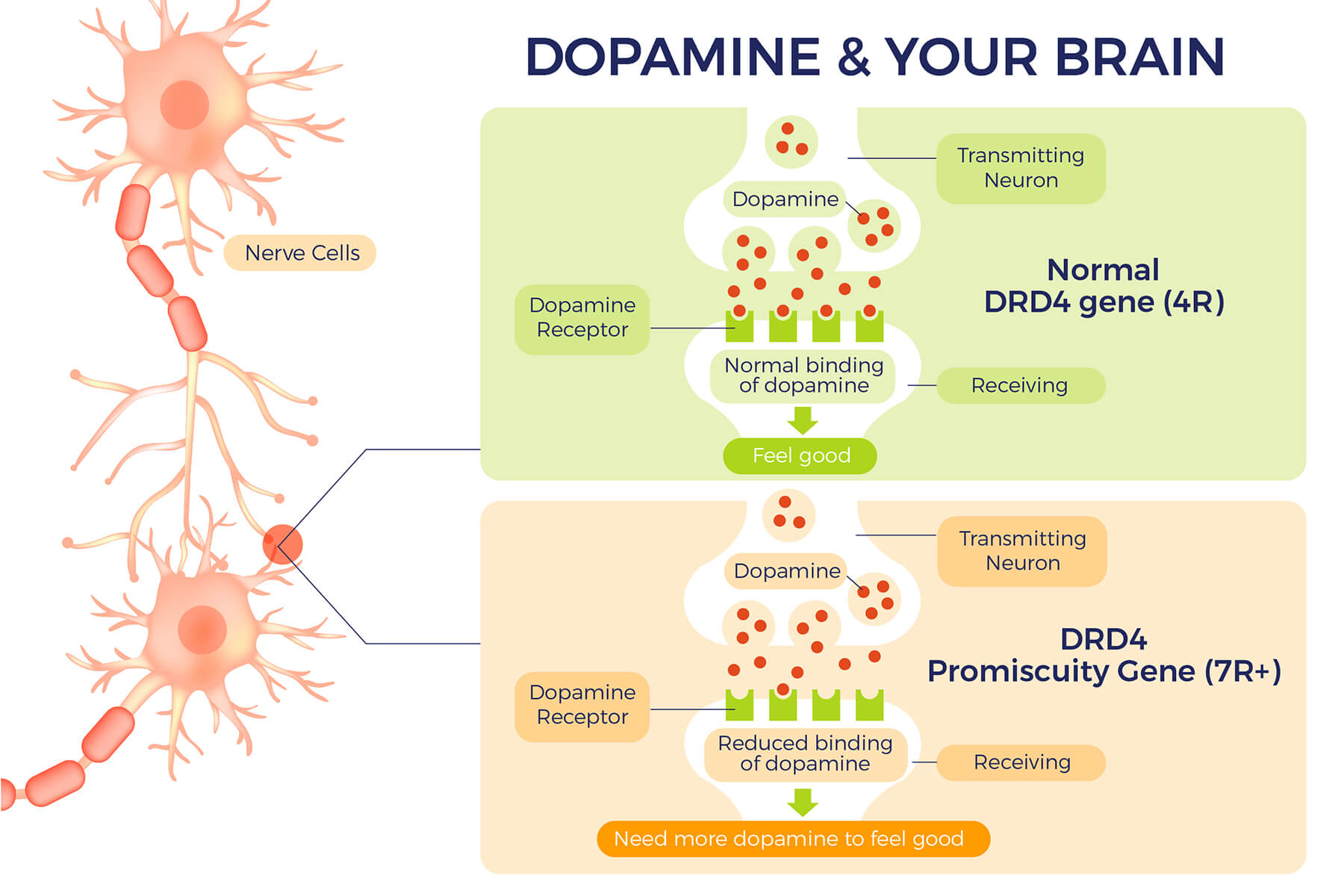
How is the DRD4 Gene Variant Inherited?
You inherit two copies of the DRD4 gene—one from your mother and one from your father. Located on chromosome 11, this gene comes in several different versions (alleles), defined by the number of repeats (from 2R to 11R).
This test will determine which versions of the DRD4 gene you carry. If you inherit one or two copies of the gene with seven or more repeats (+7R), you have a genetic predisposition associated with novelty-seeking and an increased likelihood of promiscuity. It is important to remember that genetics is just one factor; environment and personal choice also play a significant part in shaping behaviour.
Understanding Your Results
Frequently Asked Questions
Once your sample is received by our laboratory, processing usually takes 6-8 weeks. You will receive an email notification when your results are ready, and you can access your detailed report through a secure online portal.
We take data privacy seriously. Your results are confidential and only shared with you. We do not share your results with insurance companies, employers, or any other third parties.
Why DNA Tests Direct?
Accredited Excellence
Your Privacy, Protected
Expert Support
Related Test Kits
CA$129
Discover if you have the “wanderlust gene” with our at-home DNA test, which examines the DRD4 gene to determine if you have a variant associated with a love of travel and adventure.
CA$149
Do your genes play a role in how you feel? This test reveals how your DNA might affect your mood, stress levels, and risk for anxiety and depression.
CA$358
Unlock your genetic potential for a healthier lifestyle with our comprehensive DNA Diet & Fitness 3 Test Combo. This bundle combines three powerful tests – Nutrition, Fitness, and Weight Loss – to provide a complete picture of how your unique DNA influences your overall health and wellness.
CA$179
Discover your natural strengths, optimize workout strategies, and reduce injury risk with our DNA Fitness Test. This simple, at-home DNA test provides insights into your endurance, power, muscle mass, and physical response to exercise.
CA$179
Are you struggling to lose weight? Genes affect your ability to lose weight and maintaining it. Genetic changes can influence hormone levels, metabolism, our desire to overeat and motivation to exercise. Discover more about your genes and work with your DNA to fit into those designer jeans!
CA$179
Discover your body’s ideal fuel, pinpoint hidden deficiencies, and maximize how you absorb nutrients with our DNA Nutrition Test. This simple at-home test reveals how your body processes carbs, fats, vitamins, and minerals – giving you the power to fuel yourself right.
CA$195
Your genes play a role in your bone health and risk of osteoporosis. Find out if you are at increased risk, so you can make lifestyle changes today to improve your bone strength.
CA$195
Determine the likelihood that two individuals are full siblings, half siblings, or not siblings at all.

